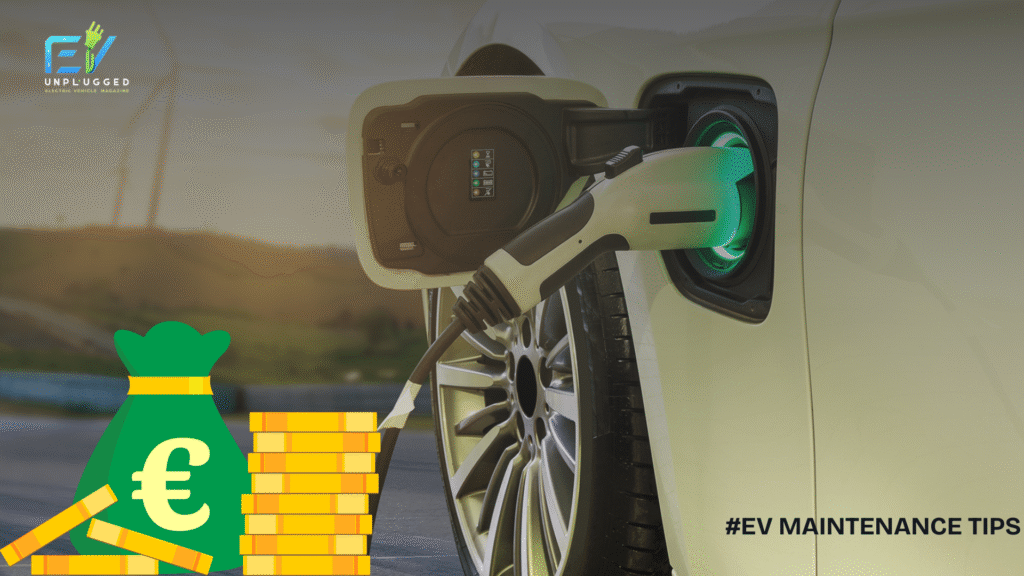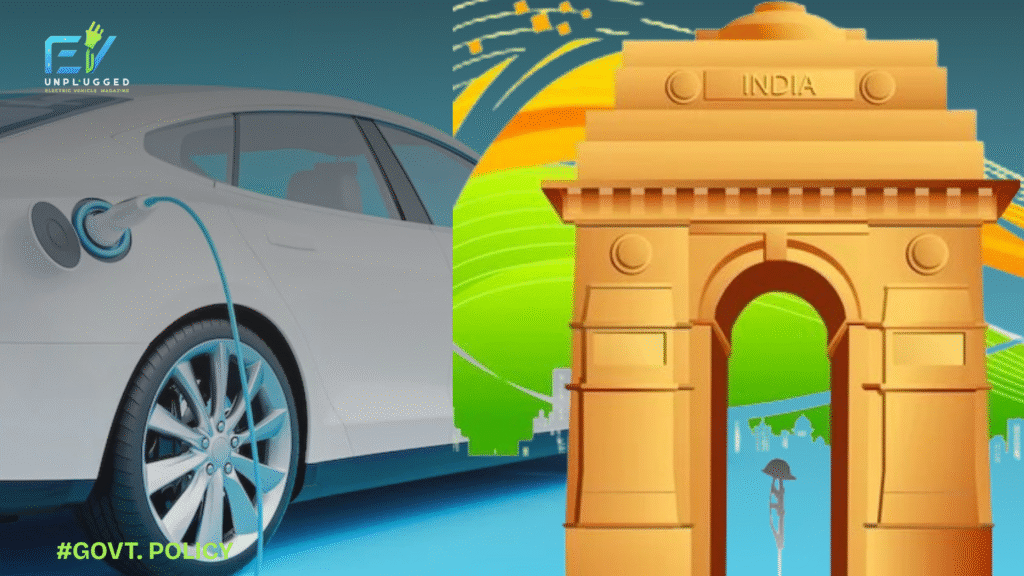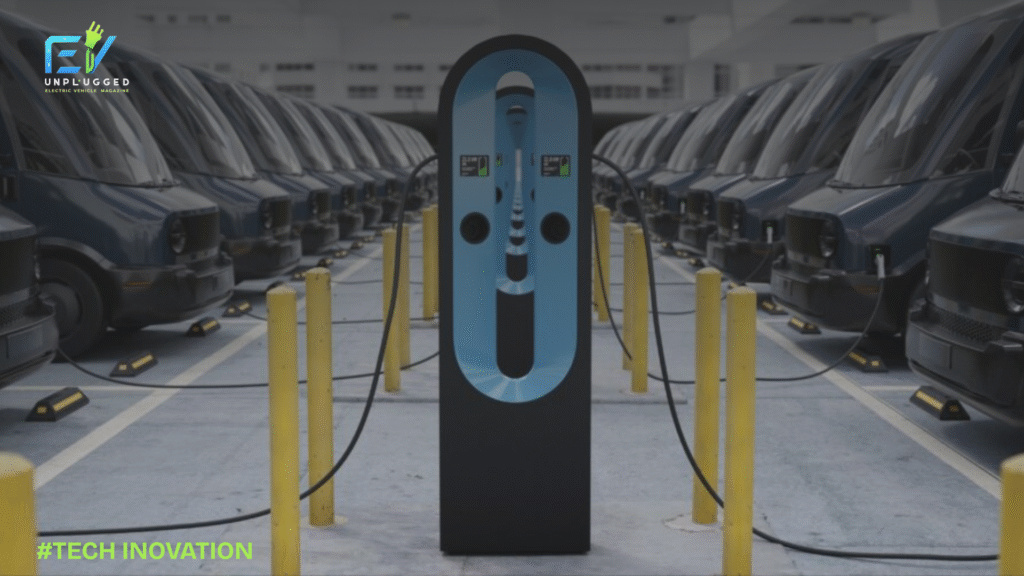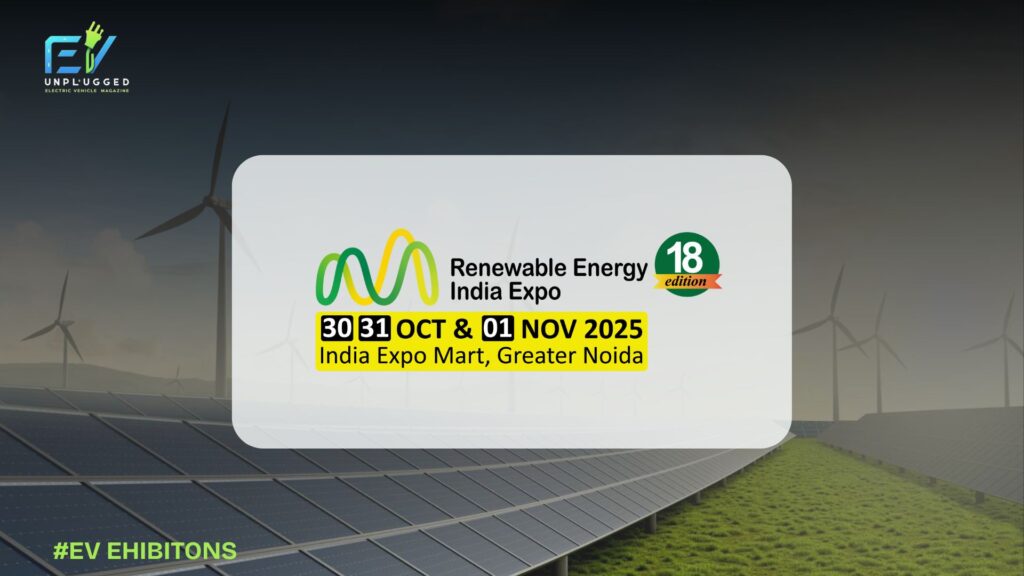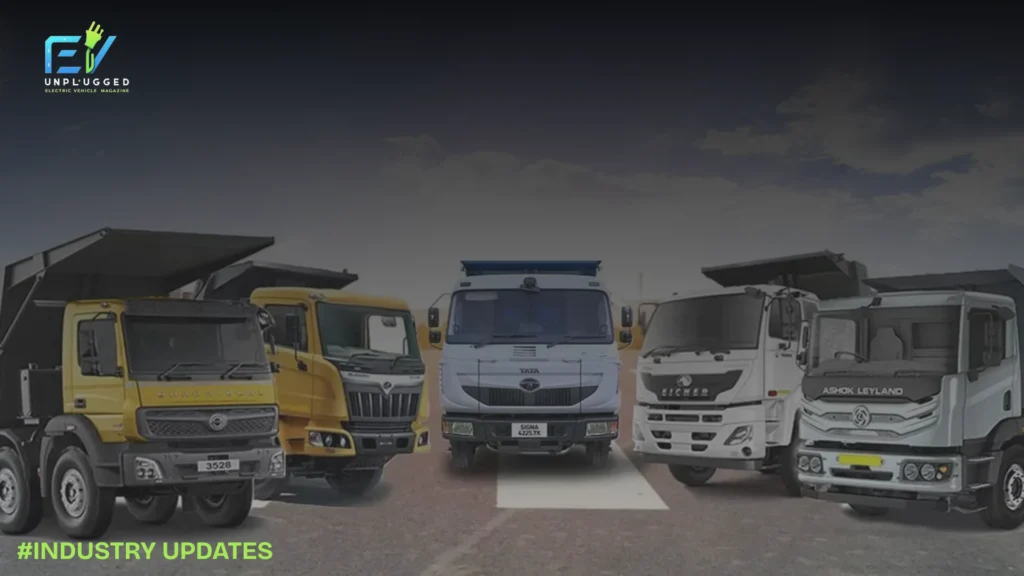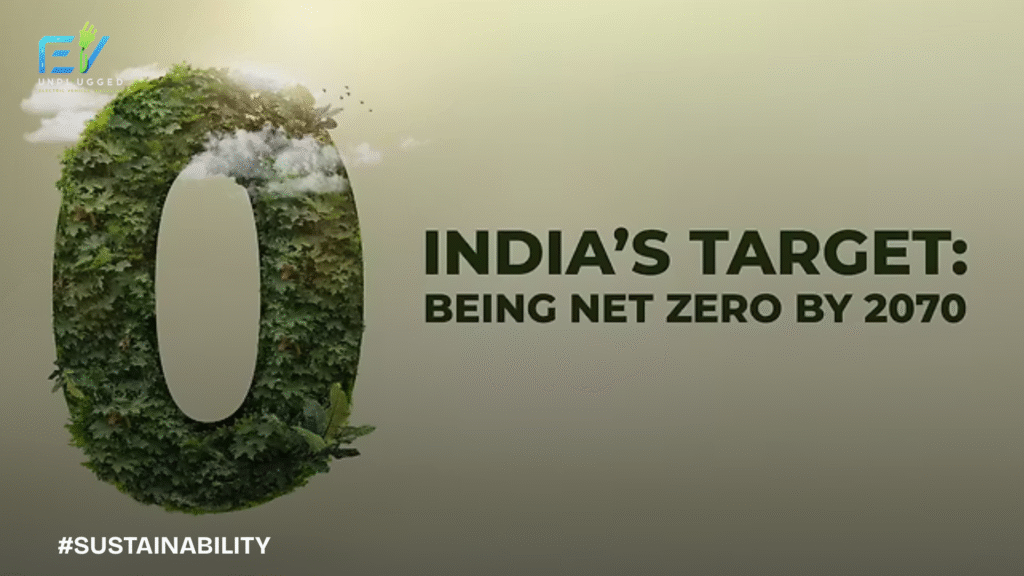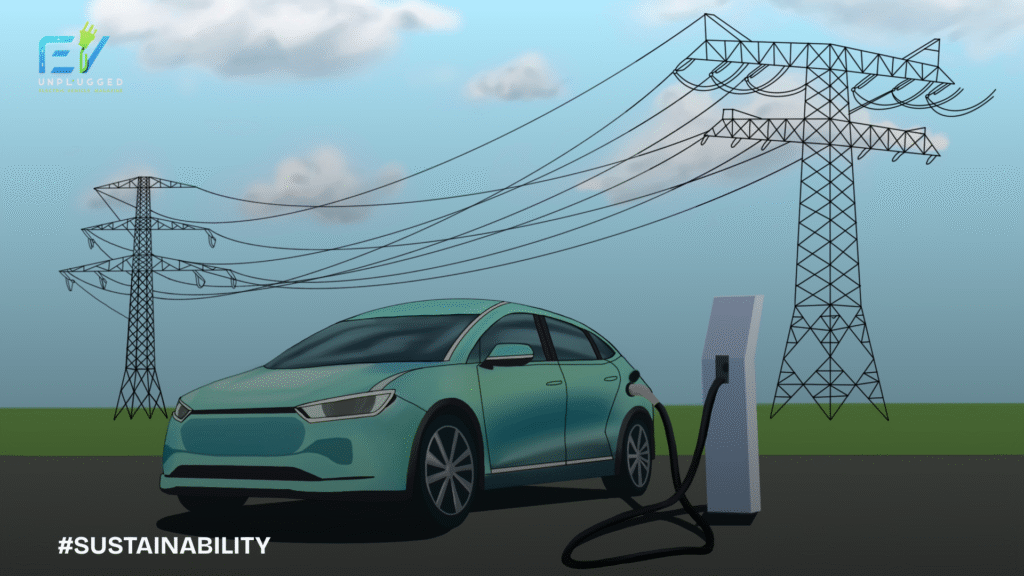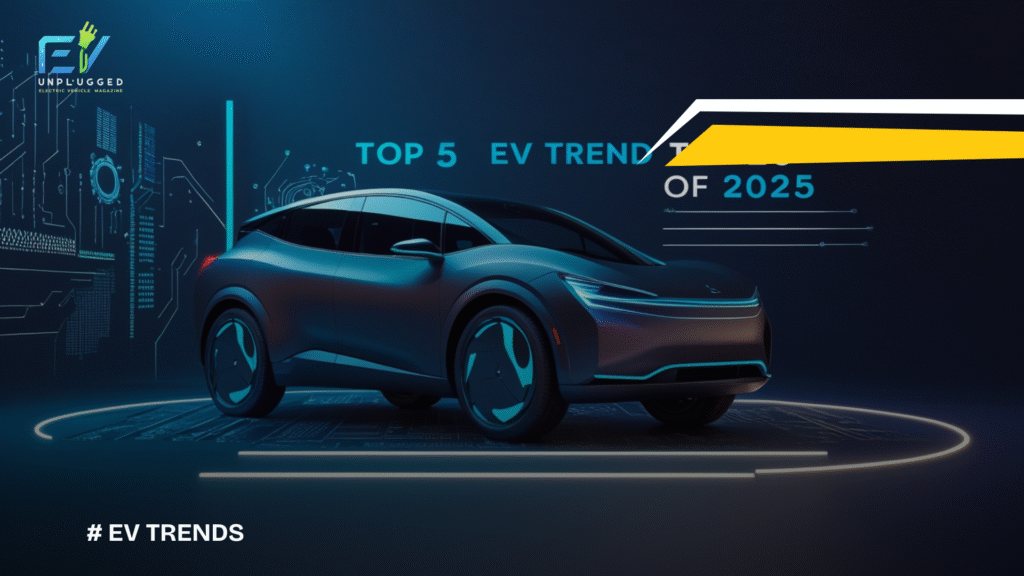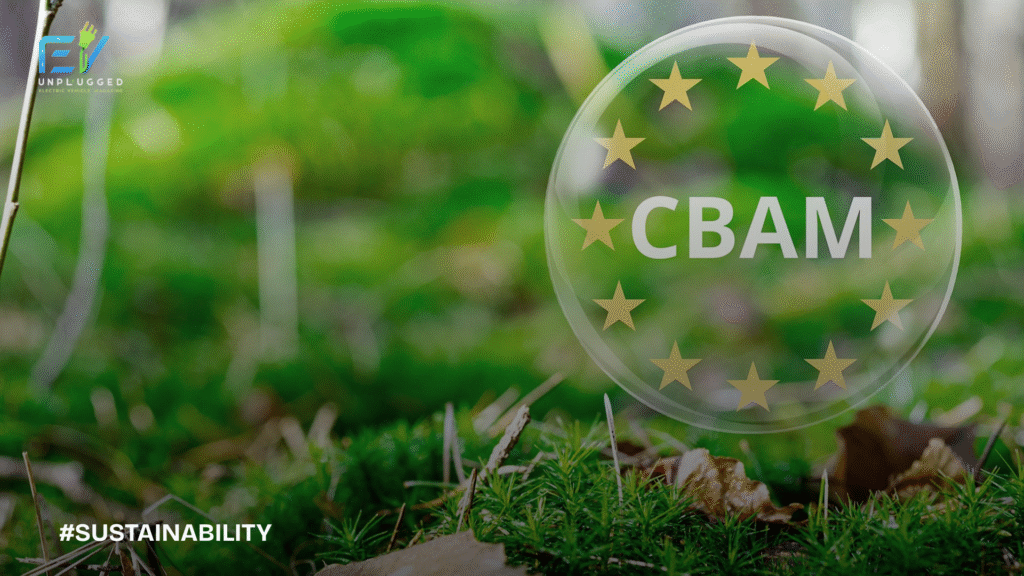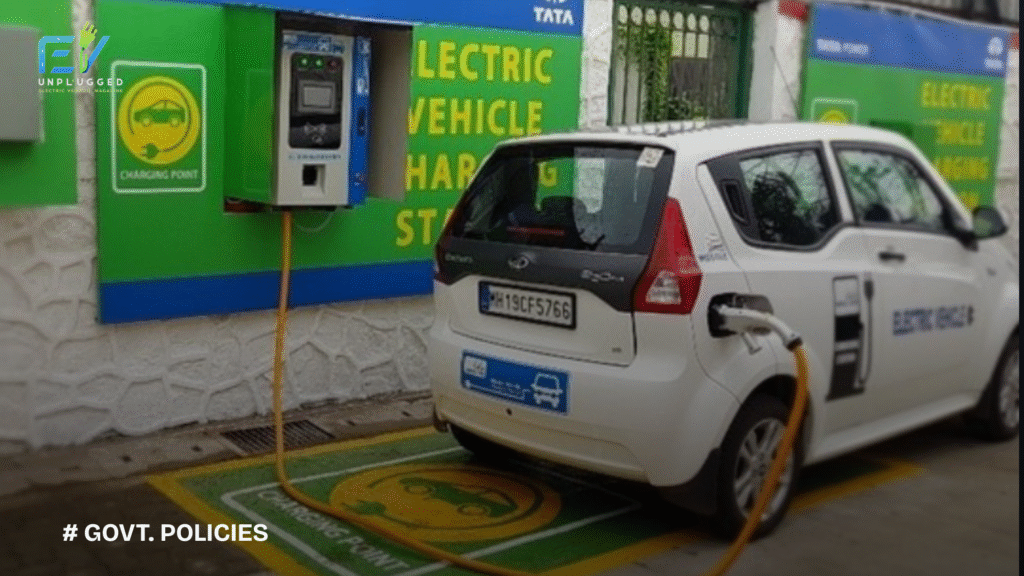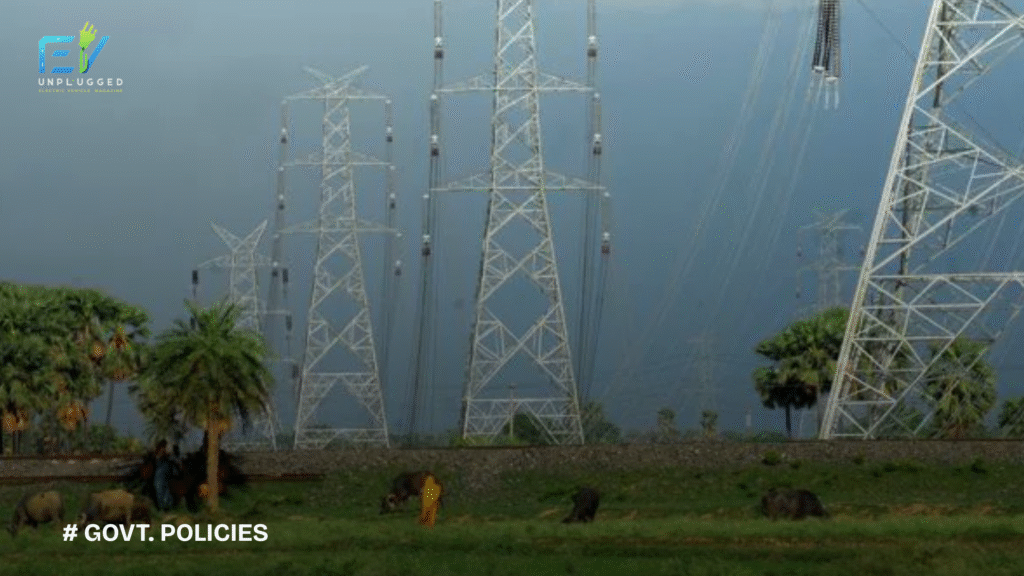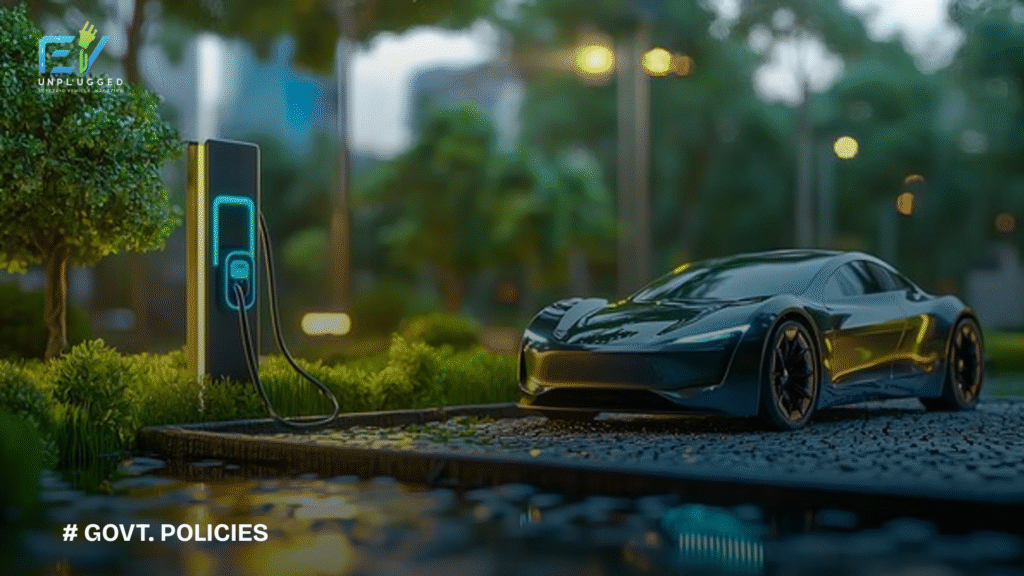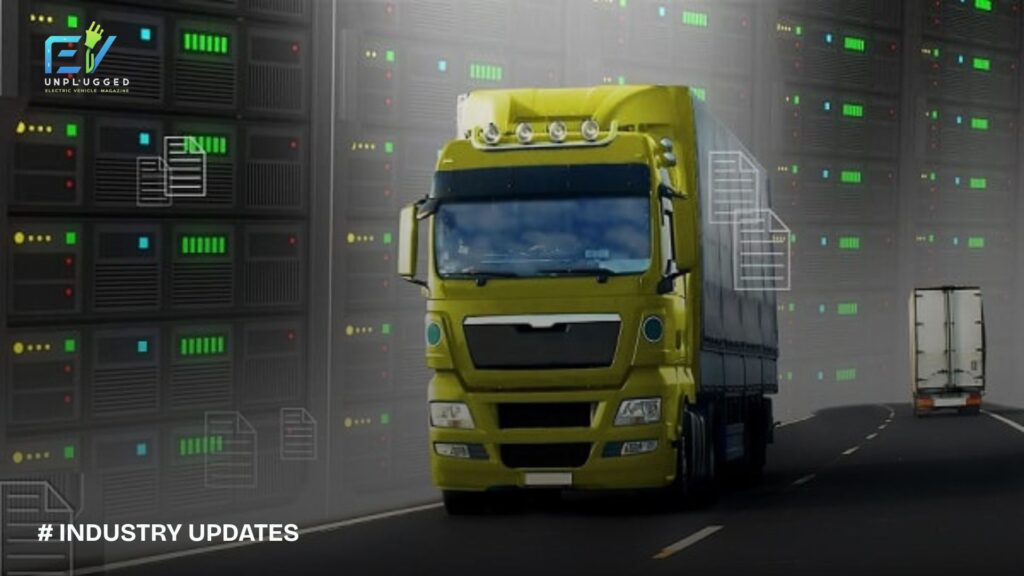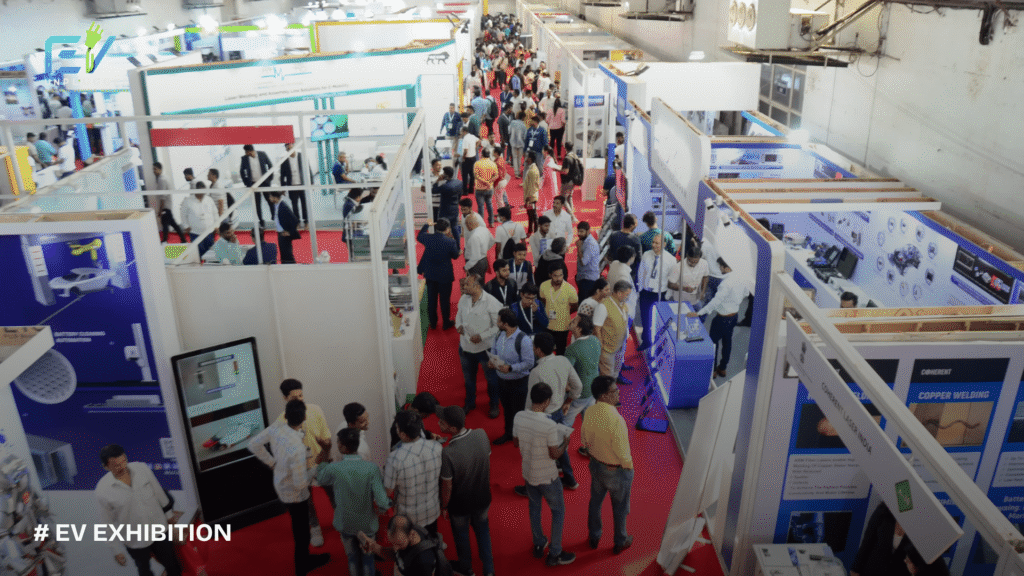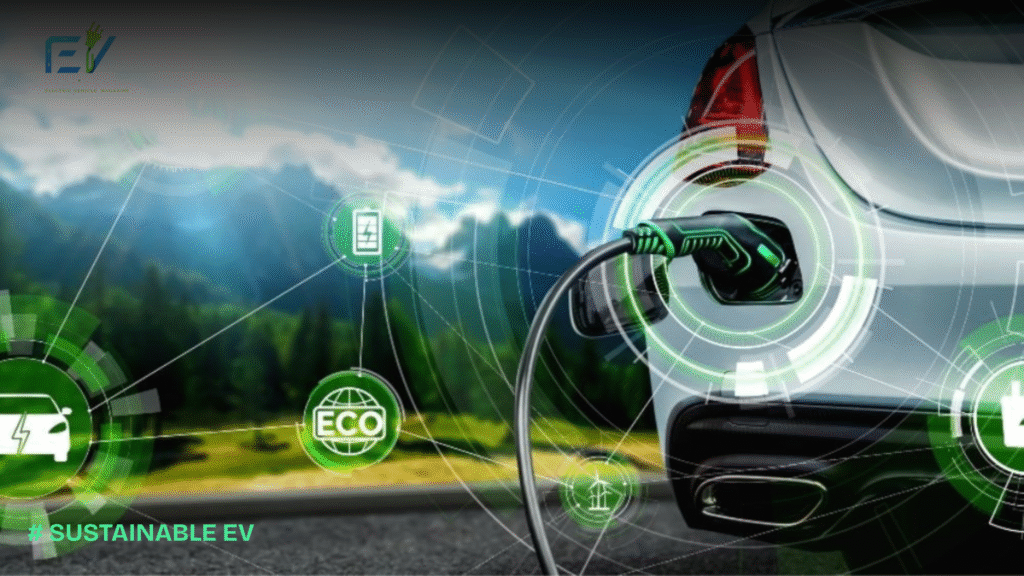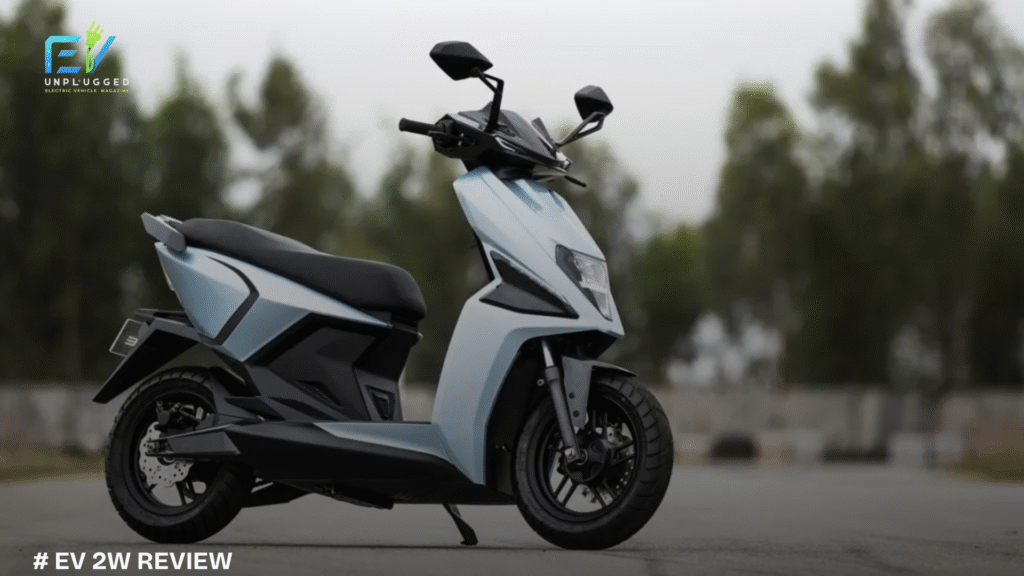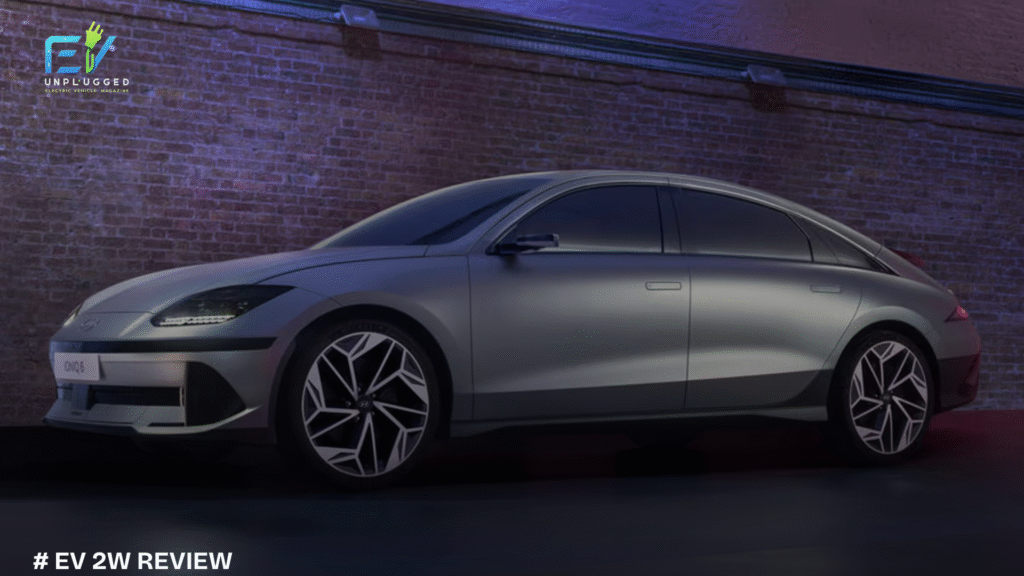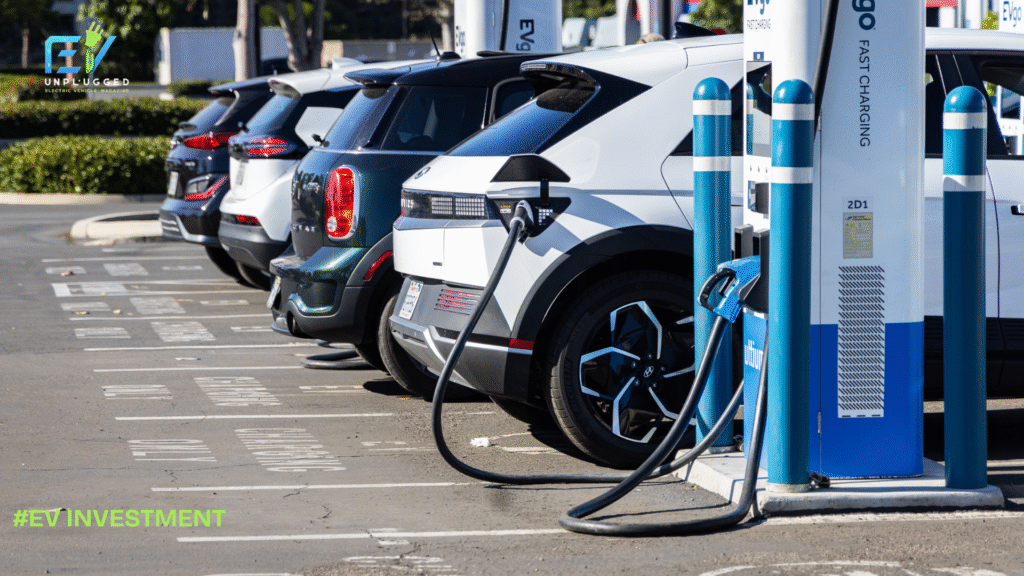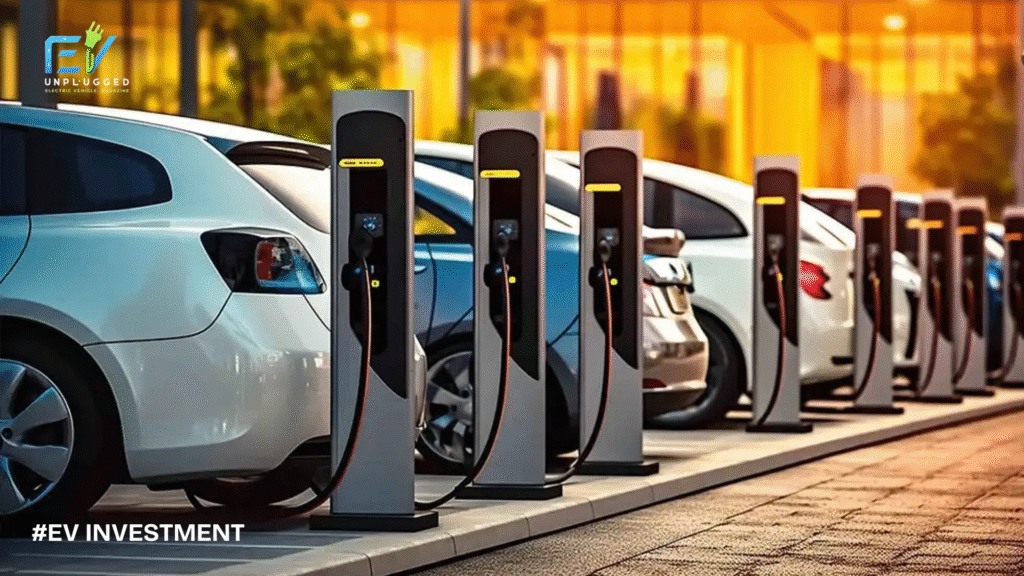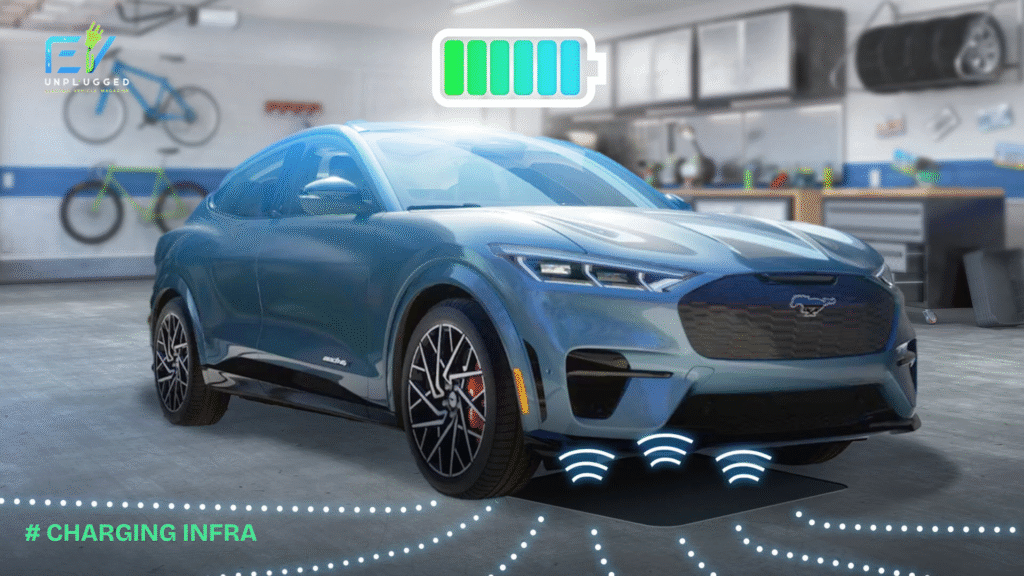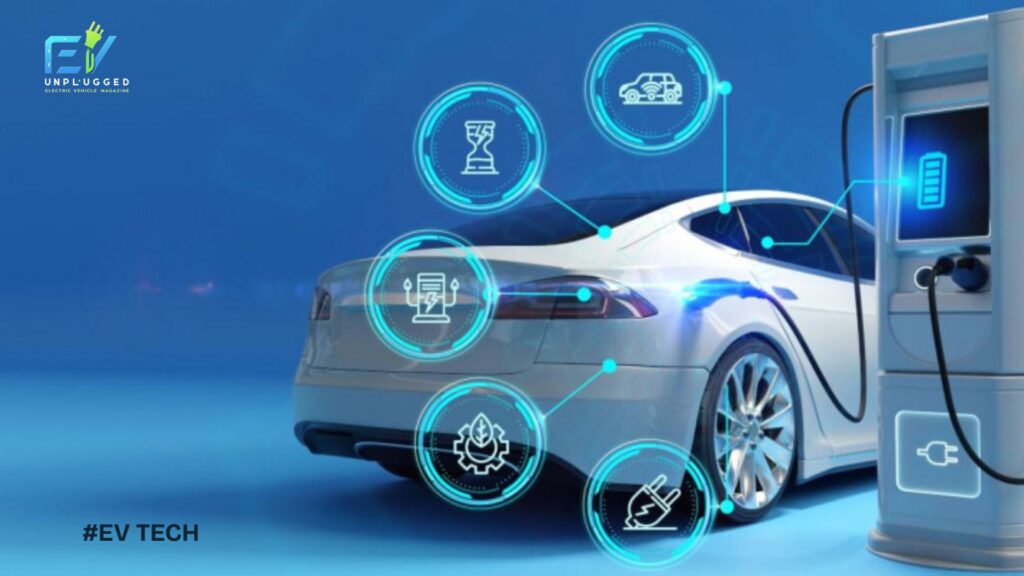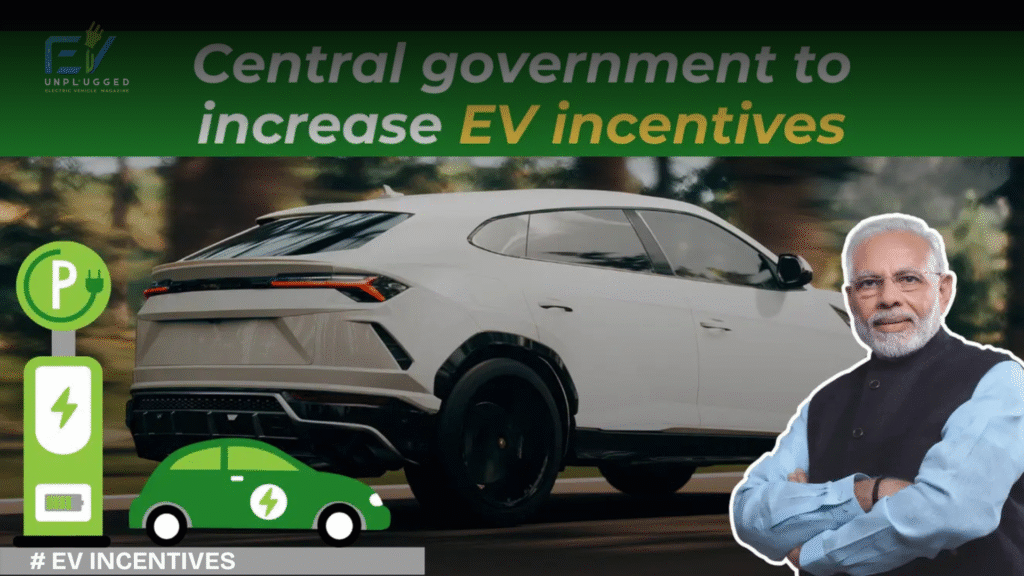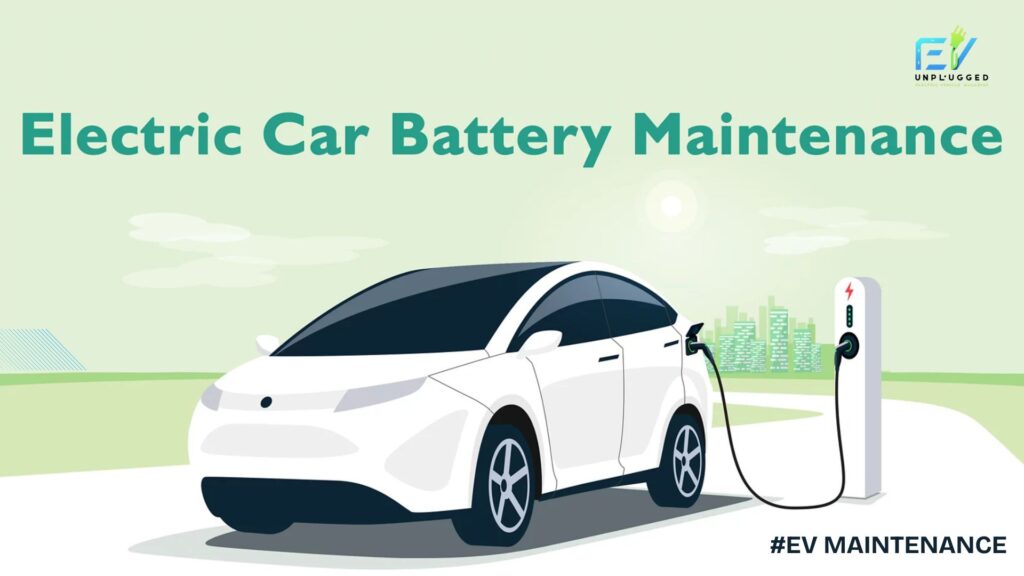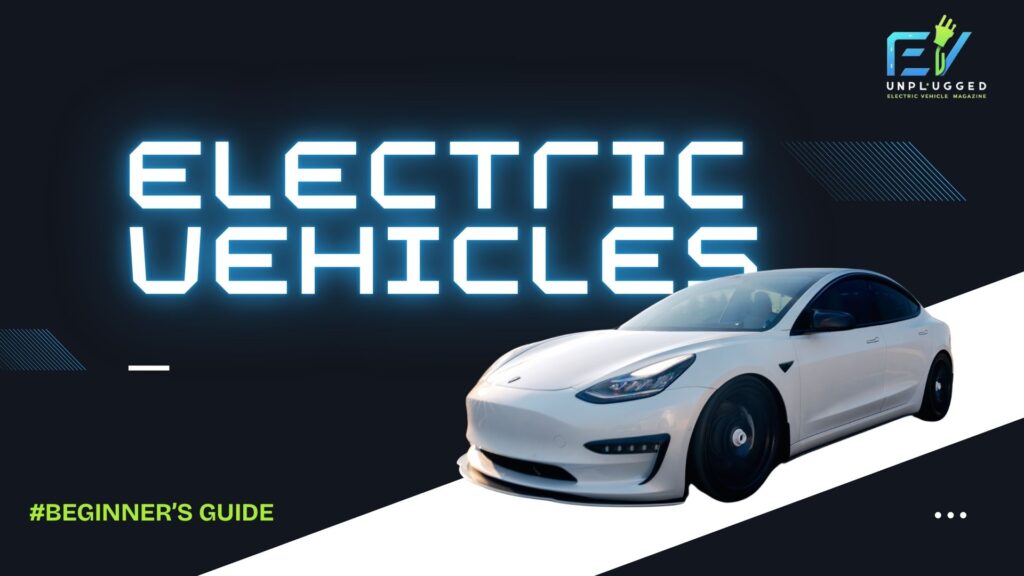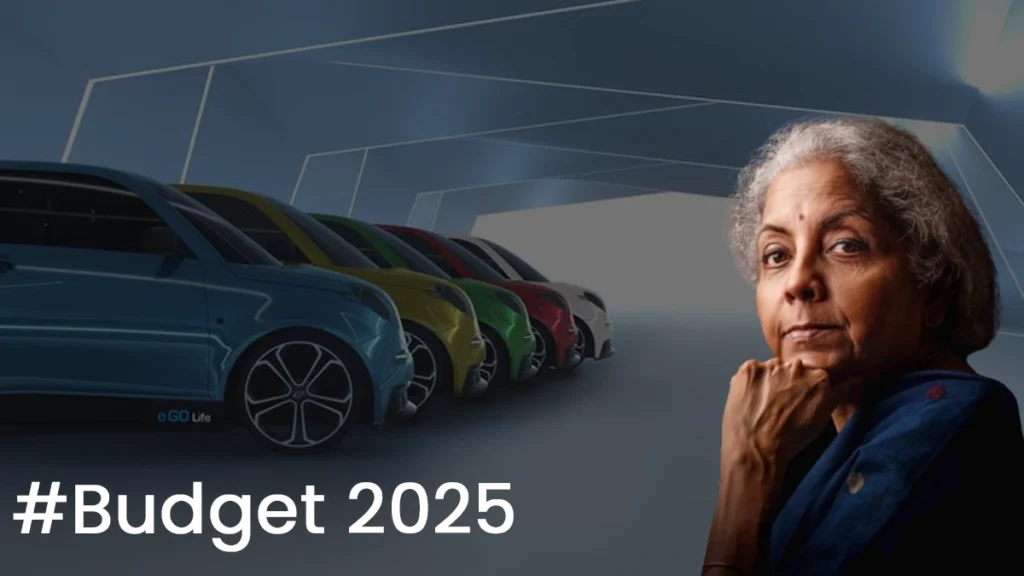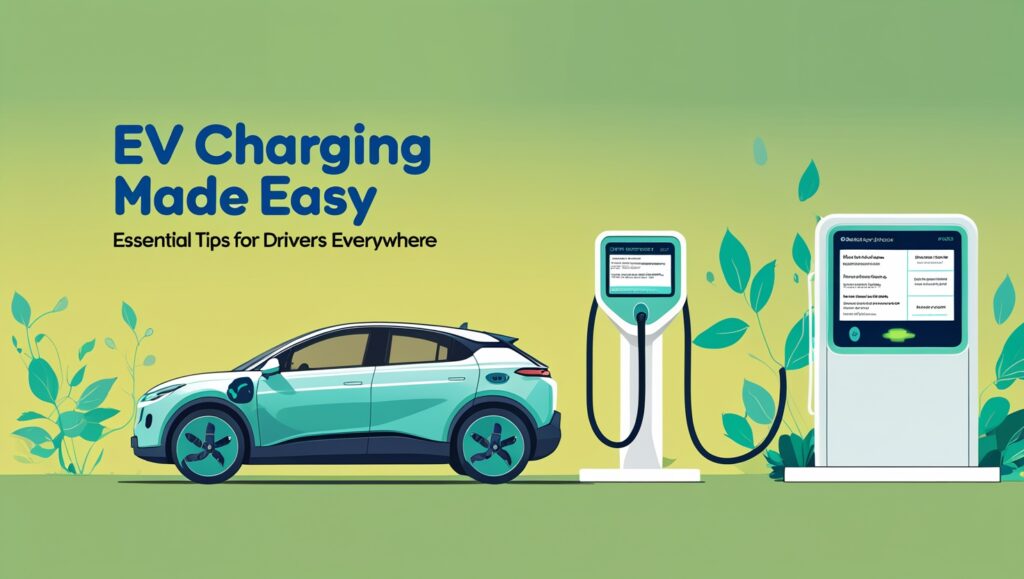Latest Government Policies and Incentives in 2025 for EVs, Sustainability & Renewable Energy in India
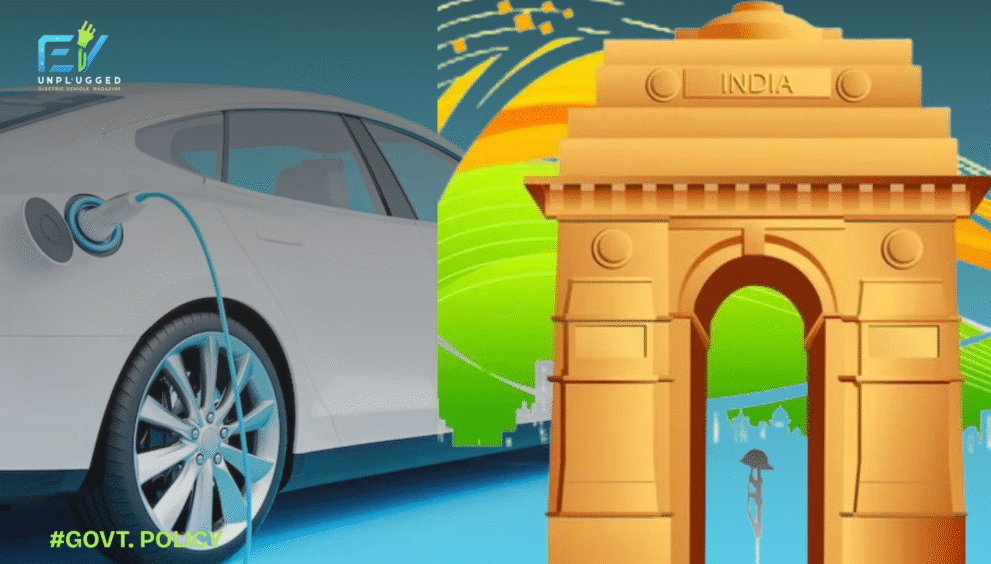
As India accelerates toward a net-zero carbon future, the government continues to roll out robust policies and financial incentives to promote electric vehicles (EVs), sustainable practices, and renewable energy adoption. These recent updates in 2025 not only reflect the country’s climate goals but also present vast opportunities for industries, startups, and eco-conscious consumers.
EV Policy Update 2025: New Push for Electric Mobility
1. FAME III Scheme Introduced
The government launched the FAME III (Faster Adoption and Manufacturing of Hybrid and Electric Vehicles) scheme with a massive outlay of ₹15,000 crore for FY 2025–30. It focuses on:
- Subsidies for EV buyers (both private and commercial).
- Support for EV charging infrastructure development in tier-2 and tier-3 cities.
- Special focus on electric buses and fleet electrification.
Short-tail keyword: EV policy India
Long-tail keyword: latest government scheme for EV in India 2025
2. Lower GST and Road Tax Benefits
The GST on EVs remains at 5%, significantly lower than ICE vehicles (28%). Many state governments continue offering road tax exemptions, registration fee waivers, and scrappage incentives for switching to electric.
3. EV Battery Swapping Policy 2.0
A revised Battery Swapping Policy 2.0 has been introduced to standardize battery technologies, improve interoperability, and support Battery-as-a-Service (BaaS) models for faster adoption among fleet operators.
Renewable Energy Policy 2025: India’s Green Energy Commitment
1. National Renewable Energy Mission Expanded
India aims for 500 GW of non-fossil fuel capacity by 2030. In 2025, the focus has shifted to:
- Fast-tracking solar rooftop adoption for residential and commercial users.
- Scaling offshore wind power projects, especially in Gujarat and Tamil Nadu.
- Financial incentives for hybrid energy projects (solar-wind, solar-hydro).
Short-tail keyword: renewable energy India
Long-tail keyword: latest renewable energy incentives 2025 in India
2. Production Linked Incentives (PLI) for Solar
The PLI scheme for solar PV module manufacturing has been extended with an additional ₹10,000 crore budget, boosting the ‘Make in India’ solar panel ecosystem and reducing reliance on imports.
3. Green Hydrogen Mission Update
Under the National Green Hydrogen Mission, new subsidies and carbon credits have been introduced for industries investing in green hydrogen production and electrolyzers, especially in sectors like steel, fertilizer, and refining.
Sustainable Infrastructure & Green Building Policies
1. Urban EV Infrastructure Guidelines
Urban development ministries have issued mandatory rules for EV-ready parking in new buildings and malls. 25% of all parking spots in commercial spaces must now have EV chargers.
2. Sustainability-linked Incentives for Builders
Builders adopting green building certifications like GRIHA or IGBC are eligible for:
- Fast-tracked approvals through Single Window Platforms like CIVIT-SWP.
- Property tax rebates up to 10% for certified green projects.
- Low-interest green loans through NBFCs tied to sustainability KPIs.
Short-tail keyword: sustainable construction
Long-tail keyword: green building incentives in India 2025
Key Incentives for Businesses & Startups
1. Carbon Credit Trading Platform
India’s official Carbon Credit Market is now live. Companies reducing emissions can:
- Sell excess credits.
- Use it to offset their Scope 1 & 2 emissions.
- Receive tax rebates under the Clean Energy Compliance Act 2025.
2. MSME Decarbonization Fund
A new ₹5,000 crore fund supports sustainable technology adoption in MSMEs, including:
- Solar panel installation.
- Waste management automation.
- Transition to electric logistics fleets.
Conclusion: Why This Matters in 2025
India’s updated EV, sustainability, and renewable energy policies in 2025 are laying the foundation for a green industrial revolution. From EV subsidies and battery policies to green hydrogen incentives and carbon trading, these initiatives not only combat climate change but also open up massive opportunities for innovation and investment.
If you’re a startup, business owner, builder, or eco-conscious citizen, now is the time to align with India’s green policies and benefit from these government-backed initiatives.

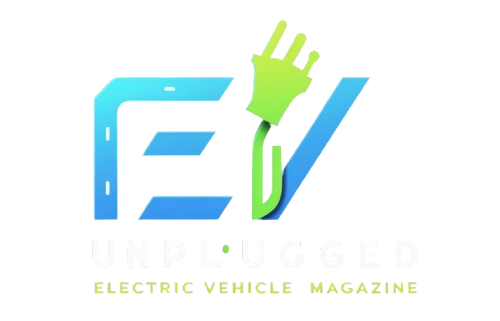
 English
English 
